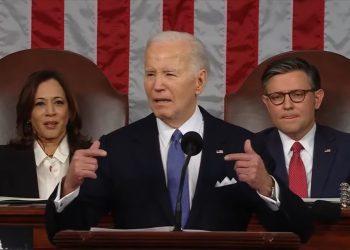JOHNSTON, Iowa – Nicole Hasso, a Republican candidate for Iowa’s 3rd Congressional District on Wednesday announced she raised over $170,000 in the third quarter of 2021.
“Nicole is an outsider, a mother, and a conservative. We are thrilled with the grassroots support and energy coming out for her campaign. For a political outsider, this strong first quarter shows the people of Iowa’s third congressional district want to choose differently next November. The Hasso campaign will have the resources we need to take back this seat,” Carly Miller, Hasso for Congress Campaign Manager, said.
Hasso announced in June she will seek the Republican nomination to challenge incumbent U.S. Rep. Cindy Axne, R-Iowa, who has yet to announce re-election plans. U.S. Senator Ted Cruz, R-Texas, endorsed Hasso as the conservative outsider in the race.
Hasso is running in a three-way primary.
State Senator Zach Nunn, R-Bondurant, is also running for the Republican nomination and he recently announced raising $250,000 since entering the race in July.
Former State Rep. Mary Ann Hanusa, R-Council Bluffs, is also running, has not announced her fundraising numbers, and her status as a candidate in the race is uncertain with redistricting. With the first map that the Iowa Legislature rejected Hanusa would live in the new Iowa 4th Congressional District. With the growth in Polk County it is likely that Pottawattamie County that includes Council Bluffs will not remain in newly drawn Iowa 3rd Congressional District. Hanusa was the only Republican candidate to announce (on April 15) before the last filing period deadline on July 15. She reported raising $37,793.85 between her announcement and June 30.
Axne has not reported her third quarter numbers, but has reported raising over $1.2 million between January 1 and June 30. She is not expected to have a contested primary if she runs for re-election.
Update: Hanusa’s campaign told The Iowa Torch that she does not have any plans to leave the race.
Note: Legally, the Constitution does not require a candidate to live in the district. They just have to live in the state. As a political matter that is generally unpopular among voters unless she were to move within the district. Obviously, all of this is contingent on what the map looks like when it is finally improved.
















